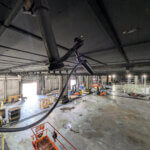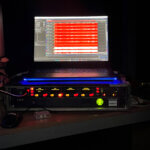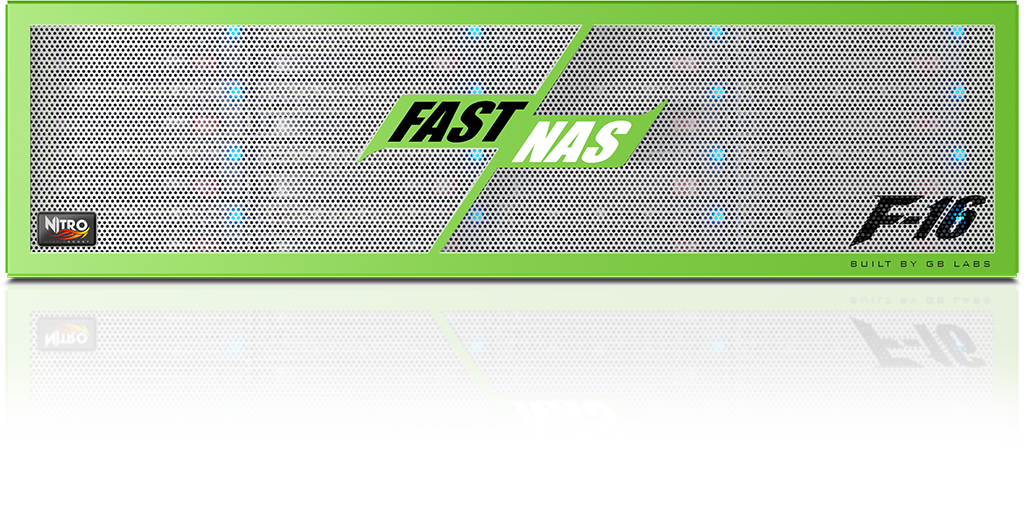GB Labs, innovators of powerful and intelligent storage solutions, has provided a powerful new NAS infrastructure, installed at the British Army HQ in Andover by GB Labs distributor AGX Holdings Ltd.
The FastNAS installation supplements an existing GB Labs storage network at the site, extending the capacity, agility and flexibility.
The new storage network is used by the Army photographic team: it runs alongside an existing FastNAS cluster used by the Army design team.
The fully redundant GB Labs installation provides highly secure storage for both work in progress and archive, supporting large numbers of concurrent users.
FastNAS is built on three key technologies from GB Labs: the Velocity RAID engine controls and manages the disk array; Nitro the acceleration tool which provides a huge speed boost; and Blueshift, which enables the specialist architecture of FastNAS to sit on a conventional network and deliver to clients over standard protocols.
This is vital in this implementation, as it allows the Army teams to connect their preferred design and image processing software to the powerful store and archive.
The GB Labs installation at Andover includes three fully mirrored 64 TB disk arrays, connected over a 10 gigabit ethernet network.
The main FN16 production server delivers sustained data rates of 2.5 gigabytes a second with the backup and archive server running at 2.0 gigabytes a second.
“FastNAS is a unique product, which combines dedicated hardware and industry-leading software to manage in detail the process of reading and writing large amounts of data to disk,” said Dominic Harland, CEO/CTO of GB Labs.
“This ensures fast, consistent and extremely reliable storage for large data files and large numbers of users.
“This project has significantly upgraded the agility, as well as the capacity, supporting the vital work of these two critical parts of the British Army, and we are pleased to have been able to work with them to achieve their goals.”
The new storage system for the photographic team was delivered and installed in January 2022.






